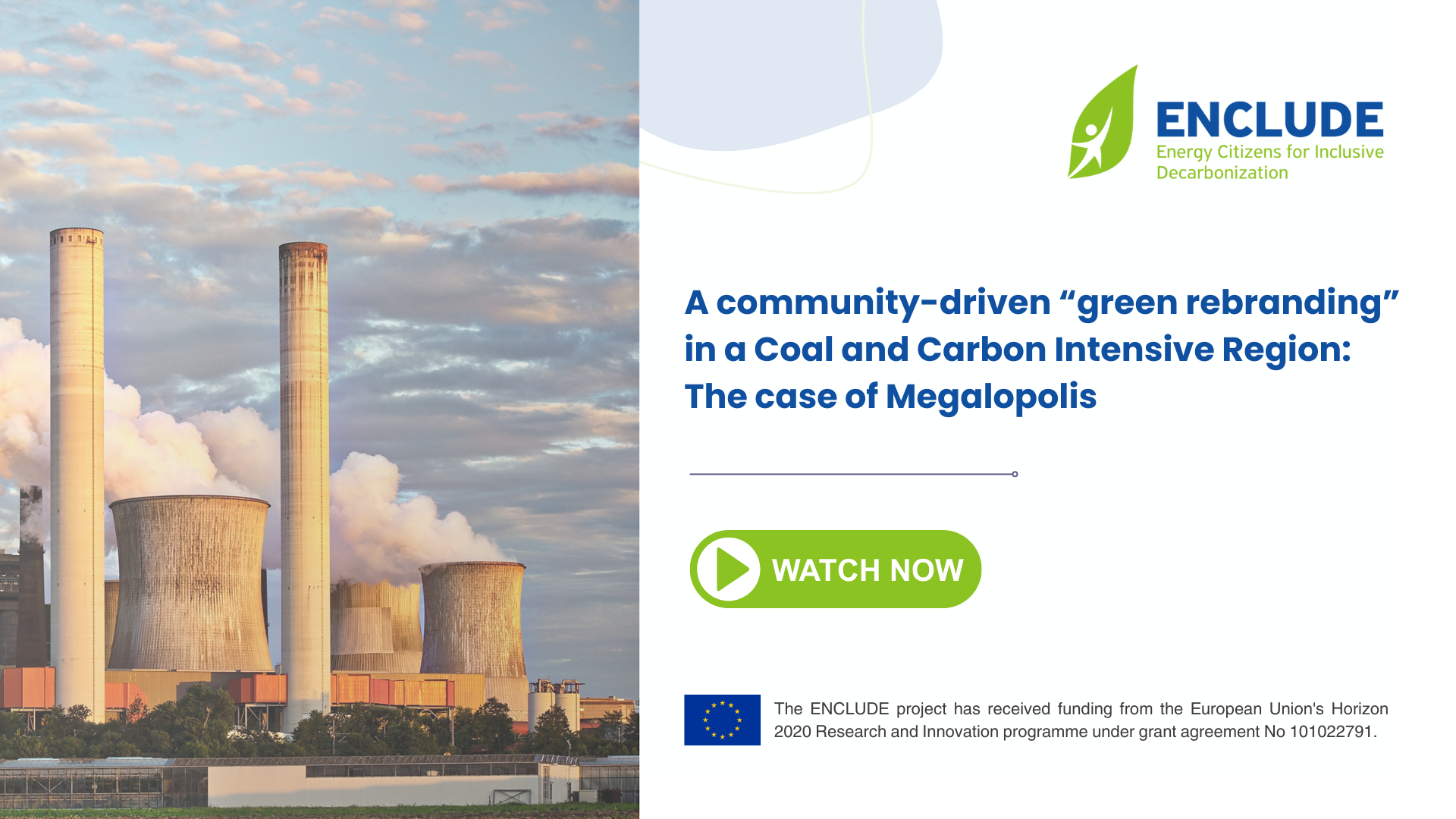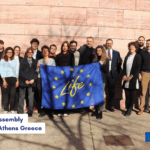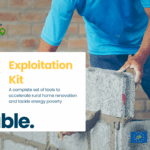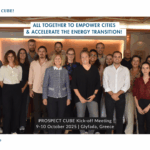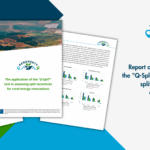In our latest video produced within the Horizon 2020-funded project “ENCLUDE“, we showcase the application of the DREEM model, a dynamic, high-resolution demand-side management model, to explore if a “green rebranding” in the Coal and Carbon Intensive Region of Megalopolis in Greece, into a city “of the people”, “by the people”, “for the people”, could be a feasible scenario by 2050.
Originally a rural area, the municipality of Megalopolis transformed into a major lignite-mining hub in the 1970s, hosting five (5) different lignite-fired power plants over the years, which have been providing the local community with several job opportunities and have been fostering local economy. However, the 2019 Greek National Energy and Climate Plan mandated a complete lignite phase out, making the region, a very ambitious goal, which due to the extreme events of the past few years, led to a new dependence on natural gas.
In this context, we employed the DREEM model to explore three (3) different scenarios:
- The “Familiar World” scenario refers to the current national policy planning; citizens in Megalopolis decide to follow current decarbonisation efforts and invest in the technological solutions foreseen each time by policymaking at the national level.
- The “Unified World” scenario refers to a utopian case in which citizens in Megalopolis unite against climate change, and they decide to invest in electrification through heat pumps and energy-efficiency solutions, while adopting low-consumption lifestyles, as soon as possible.
- The “Fragmented World” scenario refers to a dystopian case in which citizens in Megalopolis choose to rely on an outdated and false sense of energy security, and, thus, they are supportive of energy planning based on domestic lignite and existing natural gas infrastructure.
Overall, our results show that a community-driven energy transition like the one foreseen under the “Unified World” scenario could result in total monetary savings of around €300 million by 2050 at the municipality level.
Downscaling from the municipality to the household level, this amount could be translated to total savings of around €60,000 per household, which is around three (3) times the current GDP per capita in Greece.
Such a citizen-centred transition like the one studied, could decrease households’ energy costs, limiting the effect of wage decreases, and, thus, providing a significant helping hand to the most vulnerable citizen groups.
The findings highlight the critical role of citizens in shaping just and resilient energy transitions, especially in former coal regions facing economic uncertainty!
Watch the full story unfold here!
Want to explore the data and methodology? Access the full deliverable on Zenodo here!
Learn more about the ENCLUDE project and discover the online platform fostering energy citizenship across Europe: https://energycitizenship.eu/.

